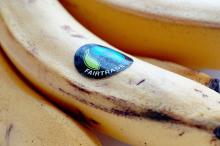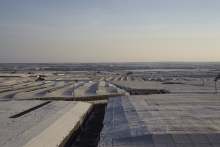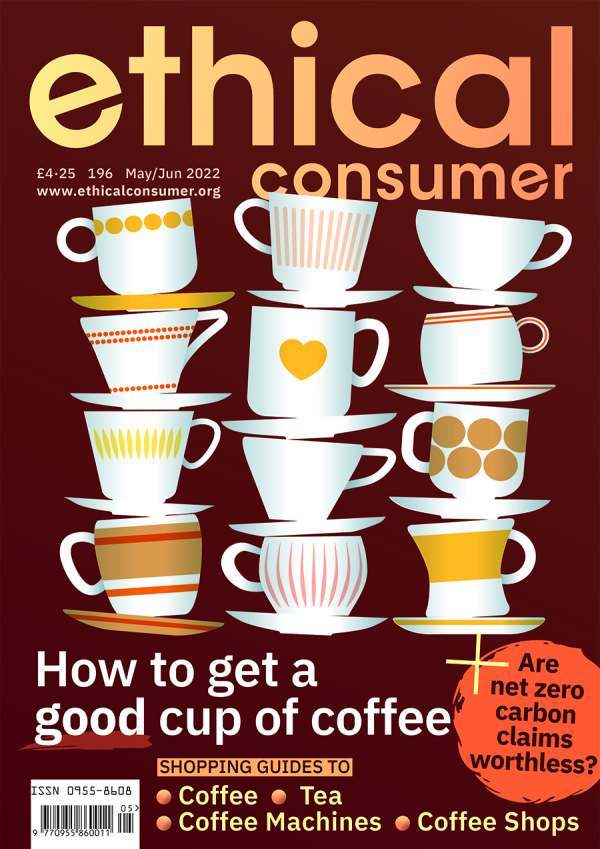The Fairtrade Foundation has called the company’s move to stop sourcing cocoa for KitKats from Fairtrade farmers in West Africa “profoundly disappointing”.
Michael Gidney, chief executive of the Fairtrade Foundation, said its cocoa farmers in Ivory Coast were “devastated” by the news. “It would never be good news, but to face this when the country is looking at one of the worst health crises imaginable makes things particularly difficult,” he said.
“Nestlé’s relationship with farmers in Ivory Coast has been able to make a huge difference to village communities, helping them to receive electricity and water pumps. The decision is a huge blow.”
The decision follows a trend of large companies moving away from the Fairtrade certification. In 2017, both Sainsbury’s and Tesco ditched Fairtrade, a year after Cadbury pulled out of the scheme.
The role of Faitrade in the cocoa industry
Since the 1980s, the average (inflation adjusted) cocoa price has halved. At the start of 2017, cocoa farmers’ average incomes were less than half of the $2.40 per day deemed the cut off for ‘extreme poverty’ in Ivory Coast. Later that year, the price further collapsed - wiping a third off the cocoa market price.
Throughout all of this, Fairtade has been the one certification to include price guarantees for the farmers as well as a small ‘premium’. Since Fairtrade increased its minimum pricing in December 2018, it has provided a small safetynet during recent price crashes.
KitKat will join Nestlé’s other confectionery in being certified by the Rainforest Alliance, a weaker scheme that lacks Fairtrade’s crucial fixed minimum price and financial bonus.
Rainforest Alliance currently ensures no minimum price and no premium, and has been repeatedly criticised for failing to address the unfair pricing and subsequent dire poverty faced by many cocoa farmers, which is at the centre of the issues in the industry. The certification body recently announced that as of July 2022 it would be introducing a ‘Sustainability Differential’ - similar to Fairtrade’s premium. However, the amount is less than a third of that guaranteed by Fairtrade.
Nestlé’s unethical practices
Perhaps it comes as no surprise that Nestlé is again facing criticism over its ethics.
The company, which has a turnover of £93billion, is subject to the world's longest running boycott for the irresponsible marketing of baby milk to mothers in the developing world. It is accused of "contributing to the unnecessary death and suffering of infants" through its aggressive marketing practices, which promote baby milk formula as a superior option to breastfeeding despite evidence to the contrary.
The use of formula has been linked to many issues: from increased prevalence of water-borne diseases, where parents do not have access to clean drinking water, to poverty and malnutrition, due to its high cost. As a result, the World Health Assembly has written a strict International Code of Marketing of Breast Milk Substitutes. However, reports show that Nestlé continues to violate the code.
Nestlé also faces boycott calls from the non-profit The Council of Canadians and the indigenous rights organisation the Lakota People's Law Project over its extraction of scarce water sources. The organisations say that Nestlé continues "to pump millions of litres of water from watersheds", despite serious droughts in recent years, and "to act beyond the boundaries of ecological protection and basic human dignity".
The Council of Canadians argues that Nestlé's water projects don't have the free, prior and informed consent of local indigenous communities, a requirement of the UN Declaration on the Rights of Indigenous Peoples.
Ethical alternatives to Nestlé
For consumers, there are a number of other smaller, Fairtrade-only chocolate makers – Plamil, Divine, Seed & Bean, Cocoa Loco, Vego and Traidcraft. There’s also value added at source in which the processing is done locally which should mean that more money is captured locally – Pacari and Chocolat Madagascar Direct trade (Madécasse brand) creates direct relationships between buyers and farmers which should enable farmers to get a better deal.
All the supermarkets, apart from Tesco, sell Fairtrade own-brand chocolate. But all Waitrose chocolate confectionery is Fairtrade whilst Co-op goes one further – all the cocoa it uses in all its products is Fairtrade.







